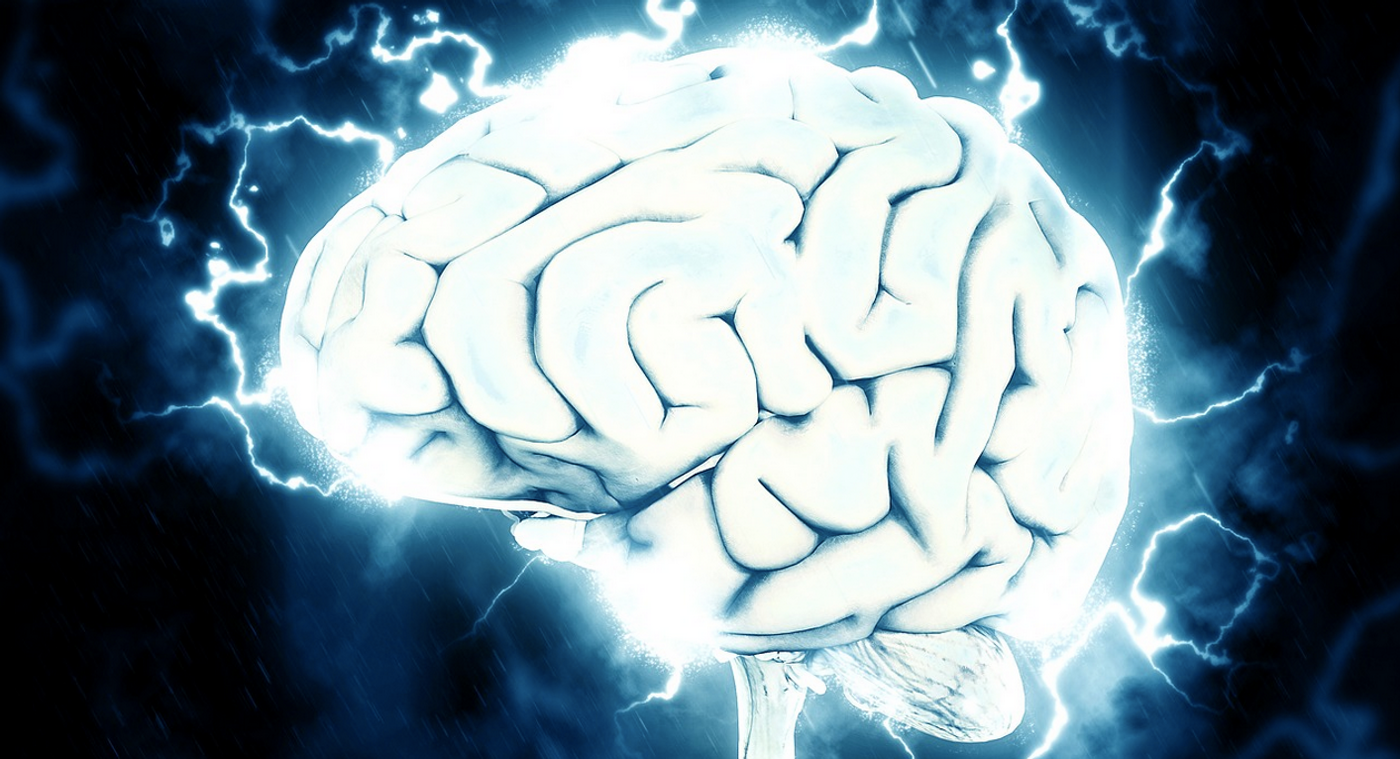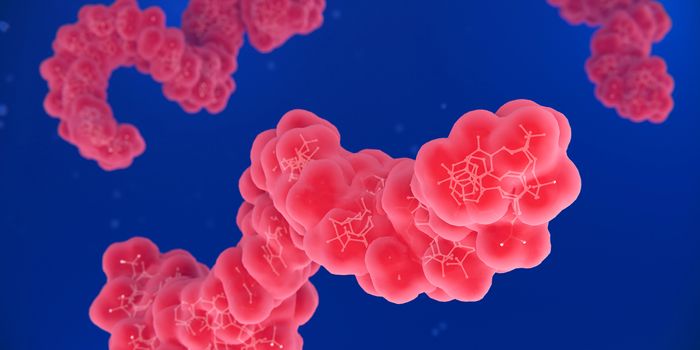Gene Therapy Could Make Parkinson's Drug More Effective
In Parkinson's disease, neurons that produce the neurotransmitter dopamine in a part of the brain called the substantial nigra begin to die, and the level of dopamine drops. When Parkinson's patients take the drug levodopa, it gets turned into dopamine, which can supplement the loss of the neurotransmitter in Parkinson's disease. But as the disease progresses and more dopamine-producing neurons are lost, the drug becomes less effective. New research has suggested that a gene therapy can encourage neurons in the substantia nigra to convert levodopa to dopamine again, revitaizing the drug's efficacy.
This study, which was reported in Nature, also suggested that dopamine-producing neurons are lost in Parkinson's because of mitochondrial damage in those neurons. It's known that in Parkinson's disease, there is a loss of the mitochondrial complex I (MCI) from dopamine-producing neurons in the substantia nigra. Mitochondria are crucial organelles known as the powerhouses of the cell.
When the researchers used genetic tools to eliminate the MCI from dopaminergic neurons in the substantia nigra of a mouse model, symptoms of Parkinson's began to emerge, like defects in motor learning and movement. But once those neurons died off, the disease became apparent. This study has settled a debate, and shown that it only takes dysfunctional MCI in the substantia nigra to cause symptoms of the disease.
This work could help create new therapeutics for Parkinson's, because it showed that if a gene therapy is aimed at the substantia nigra, the beneficial impact of levodopa can be restored. It has also created a model that will allow scientists to investigate the earliest stages of Parkinson's. In that model, neurons were lost slowly, so it could help reveal what happens in the brain before movement disorders get serious.
"This is the first time there has been definitive evidence that injury to mitochondria in dopamine-releasing neurons is enough to cause a human-like parkinsonism in a mouse," said lead study author D. James Surmeier, chair of neuroscience at Northwestern University Feinberg School of Medicine.
"Whether mitochondrial damage was a cause or consequence of the disease has long been debated. Now that this issue is resolved, we can focus our attention on developing therapies to preserve their function and slow the loss of these neurons."
This model might also help scientists create diagnostic tests that could identify who is likely to develop Parkinson's. "Doing so would allow us to get them started early on therapies that could alter disease progression," Surmeier said.
Sources: Northwestern Medicine, Nature









